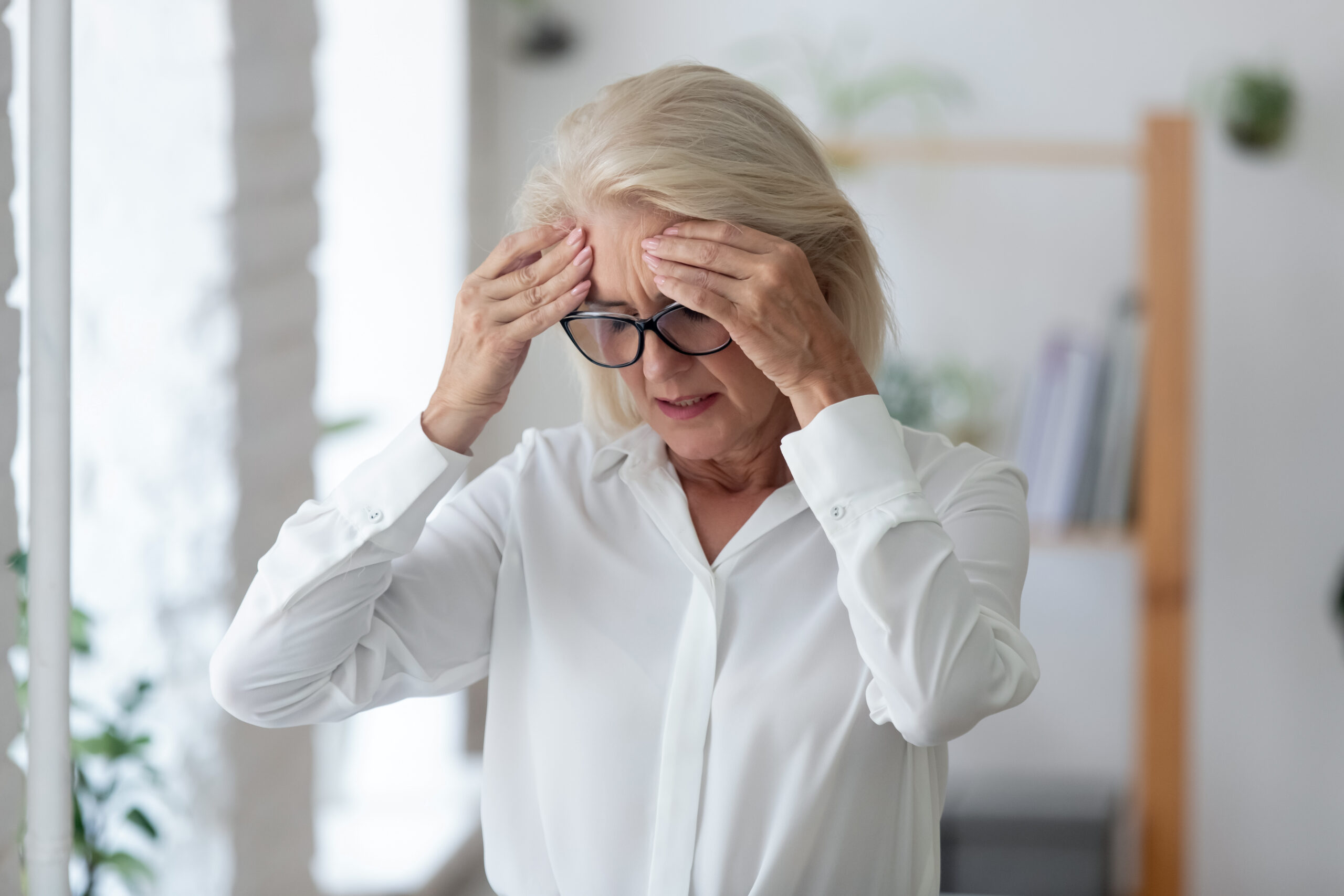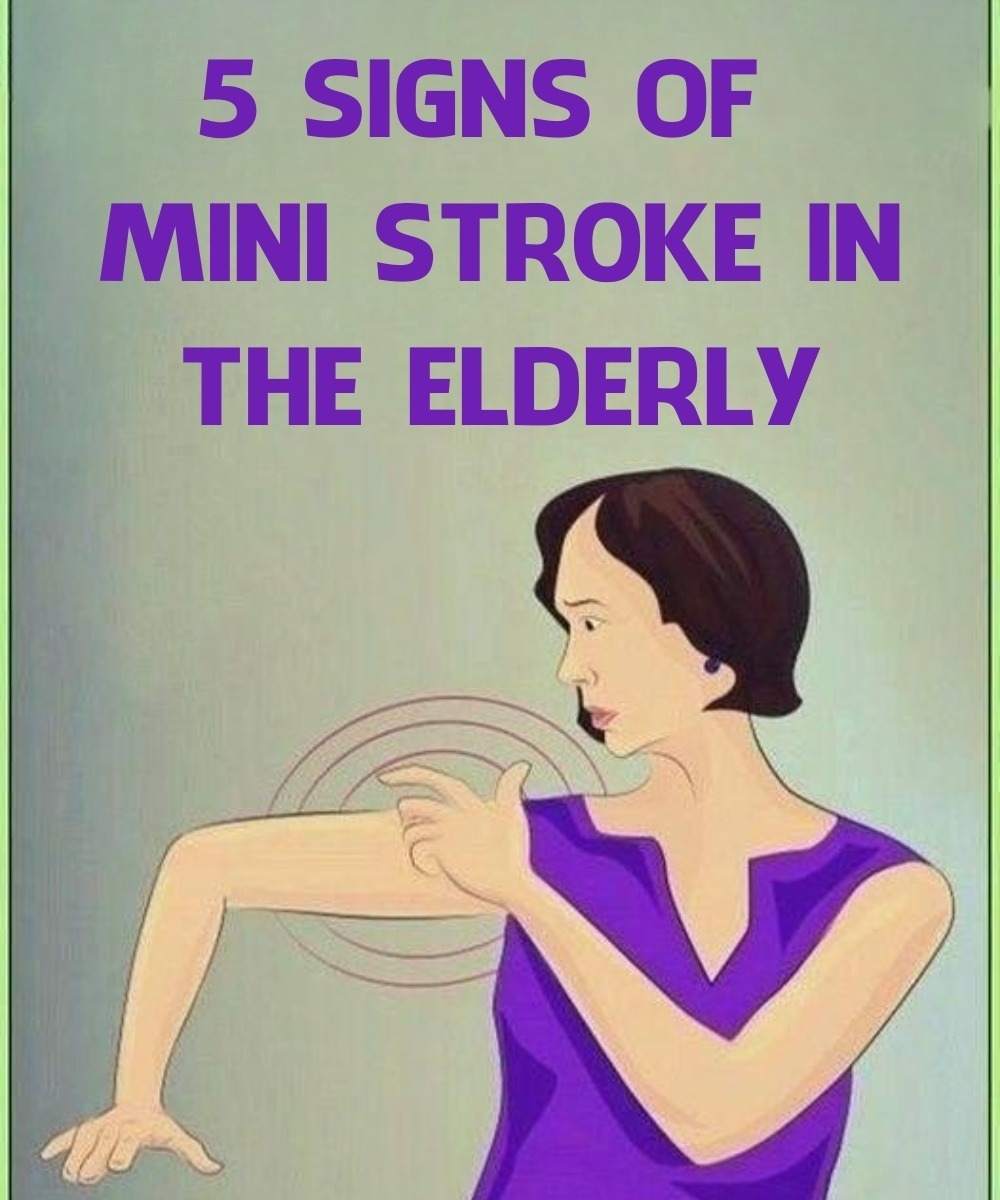
Sudden trouble walking, dizziness, loss of balance, or lack of coordination are all signals of mini str0kes in elderly people. These symptoms can be an alarm sign that something more terrible is happending. Seniors may lose their balance and stumble, or they may feel dizzy or lack coordination. If these symptoms are presented, it is crucial to seek medical attention right away.
Sudden severe headache with no known cause
A sudden, severe headache with no known cause is also another symptom of mini str0ke in the elderly. It may be coupled with confusion and trouble speaking or understanding. It is also important to be aware of the risk majors for mini str0kes, such as high bl00d pressure, diabetes and high cholesterol, so that seniors can make lifestyle changes to reduce their risk.
Risk Factors for a Mini-Str0ke
Mini-strokes are more popular in the elderly. This is because older individuals are more likely to deal with underlying conditions that can increase their risk of a mini-str0ke, such as high bl00d pressure, diabetes, and heart disease. Other risk factors for a mini-stroke can include smoking, alcohol abuse, obesity, and a sedentary lifestyle.
Additionally, seniors should be sure to maintain their bl00d pressure and cholesterol levels in check by taking any prescribed medications and joining regular check-ups.
Treatment for a Mini-Stroke

Mini-strokes are often cured by bl00d thinners, anticoagulants, antiplatelet drugs, or thrombolytics. These medications help reduce the risk of future mini-strokes and help prevent the formation of new bl00d clots.
In some cases, doctors may also suggest lifestyle changes to reduce the risk of mini-strokes. These include quitting smoking, reducing alcohol consumption, getting regular exercise, and eating a healthy diet.
Conclusion
It is also crucial to visit a doctor if you experience any of these symptoms as they may be indicative of another medical condition such as meningitis, multiple sclerosis, or low bl00d pressure. By looking for medical help quickly, you may be able to prevent further complications and make sure that your loved one receives the best possible support.
ADVERTISEMENT

